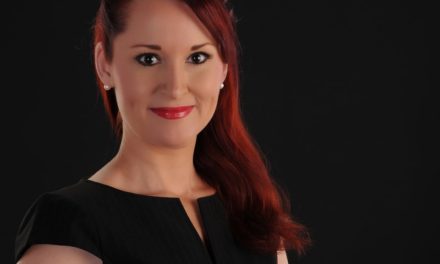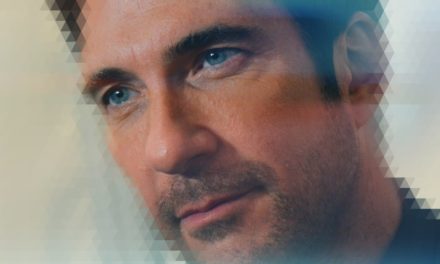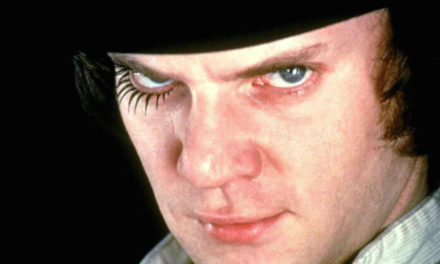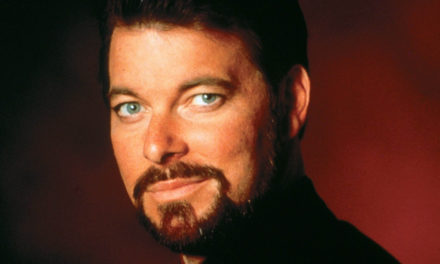Interview with
Nico Rosberg:
Has F1 Become a Video Game?
by Evelyn Reid
Originally Published on About.com June 6, 2012
The Canadian Grand Prix has always been an exciting race. The Gilles Villeneuve circuit allows for frequent overtaking, the track is slippery, Montreal weather has a mind of its own, and you never know when a groundhog might strike.
But in 2012, it seems as though every other track of the season, at least insofar, has joined Montreal’s ranks as an unpredictable, nail-biting circuit. For the first time in Formula 1 history, six different drivers won the first six races of the 2012 season, a far cry from Sebastien Vettel’s 2011 monopoly. And Mercedes’ Nico Rosberg is one of them, earning pole position as well as winning the Chinese Grand Prix.
The German/Finnish dual citizen and son of 1982 F1 world champ Keke Rosberg has been on a roll this year, placing fifth in the standings and showing the most consistent performance over the last four races, in realistic contention for the championship with but 17 points behind the current leader, Ferrari’s Fernando Alonso.
Coincidentally, the last time Formula 1 has seen almost as many different drivers win the opening races was in 1983 when Rosberg’s father won the Monaco Grand Prix, the fifth different race car driver to win five races into the season.
So I sat down with Rosberg the eve of the Canadian Grand Prix to get his take on what could be behind history repeating itself.
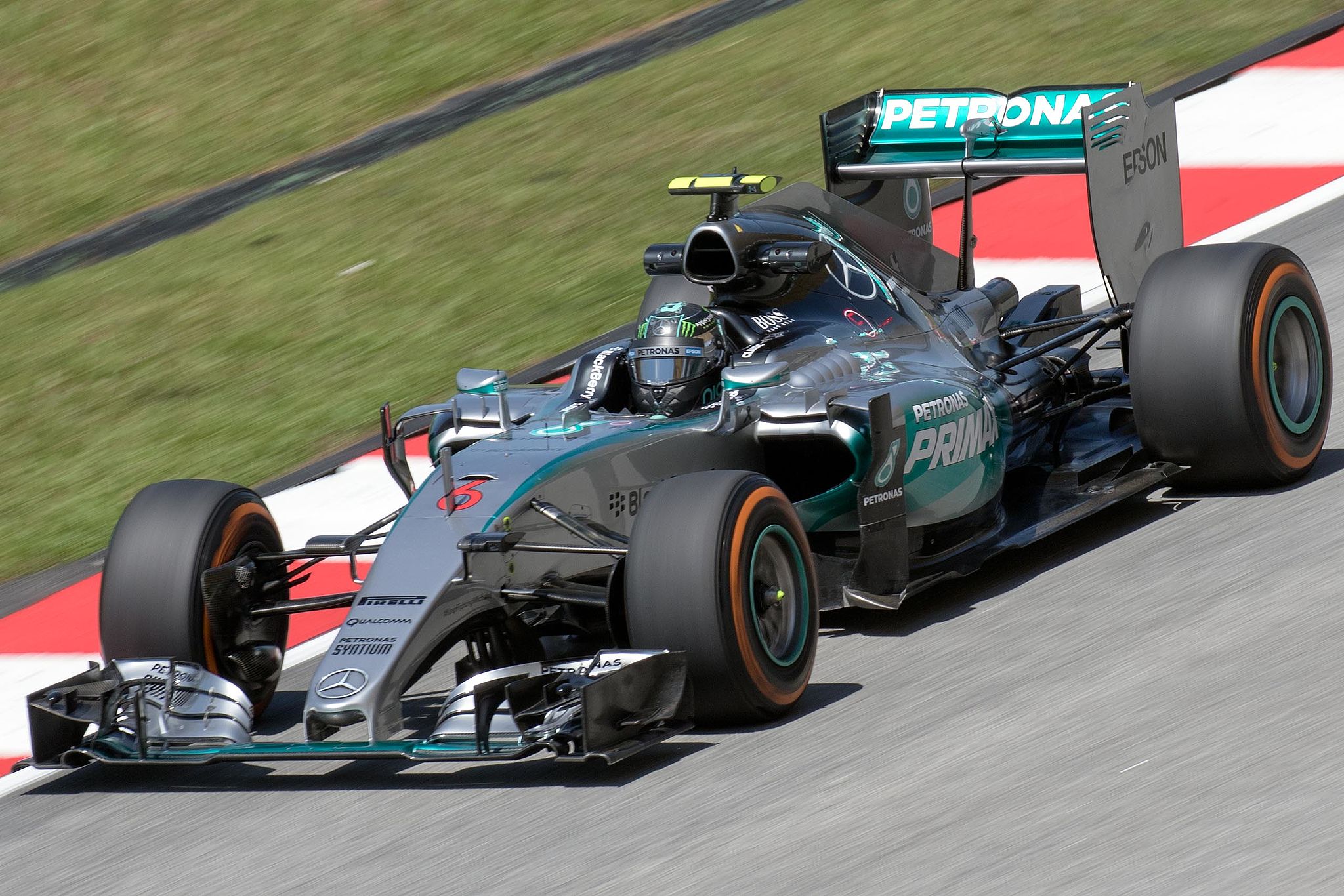
Left: Nico Rosberg at the Formula One 2015 Malaysian Grand Prix.
Photo by Morio (CC BY-SA 4.0)
Interview conducted on June 6, 2012 in Montreal.
Evelyn Reid: For the first time in Formula 1 history, six different drivers won the first six races of the 2012 season and you made history too, nabbing the Chinese Grand Prix, your first win since joining F1 in 2006. Why is F1 so unpredictable this year? Is it the new Pirelli tyres? I’ve read that as little as half a pound of added pressure can dramatically affect a driver’s performance.
Nico Rosberg: I think a lot of it has to do with the tyres this year, yes. They’re very sensitive to temperature, surface, track conditions and things like that. And each car works the tyres in a different way from one situation to another. Again, they’re so sensitive, that they have such a small window in which they work best. As soon as you go above or below, you start to have problems.
Evelyn Reid: How do you think the tyres will respond to the Montreal track, considering these Pirelli tyres degrade even more quickly than previous Bridgestone tyres and this track is already notorious for wearing down tyres in the first place?
Nico Rosberg: Again, it might be quite different. We’re starting to get more experience [with the tyres] and starting to understand, starting to know what to expect. So that really helps. The Montreal track is very high on tyre wear, also there’s long straights, and on long straights you really heat up the tyres a lot. On the straights, the car is going fastest and that is where the most pressure is pushing down on the car, from the aerodynamics, and so when you’re going down the straight, you’re creating massive stress on the tyres, and since here the straights are so long, it’s going to be quite a stress.
Evelyn Reid: I also wanted to ask you about overtaking as well as DRS (drag reduction system) and KERS (kinetic energy recovery systems). It’s my understanding that this year, the Montreal track will only have one DRS zone instead of two? Just after the tenth turn at the hairpin?
Nico Rosberg: Yeah. But it won’t make much of a difference here since that’s the best place to overtake anyways.
Evelyn Reid: On topic, in 2012 so far, we’ve seen more overtaking than in 2011. Does the DRS have anything to do with it? The new overtaking rules?
Nico Rosberg: It’s really because of the tyres dropping off so much in the races, depending on if the car or driver is not handling it well, which is good. It makes for exciting races.
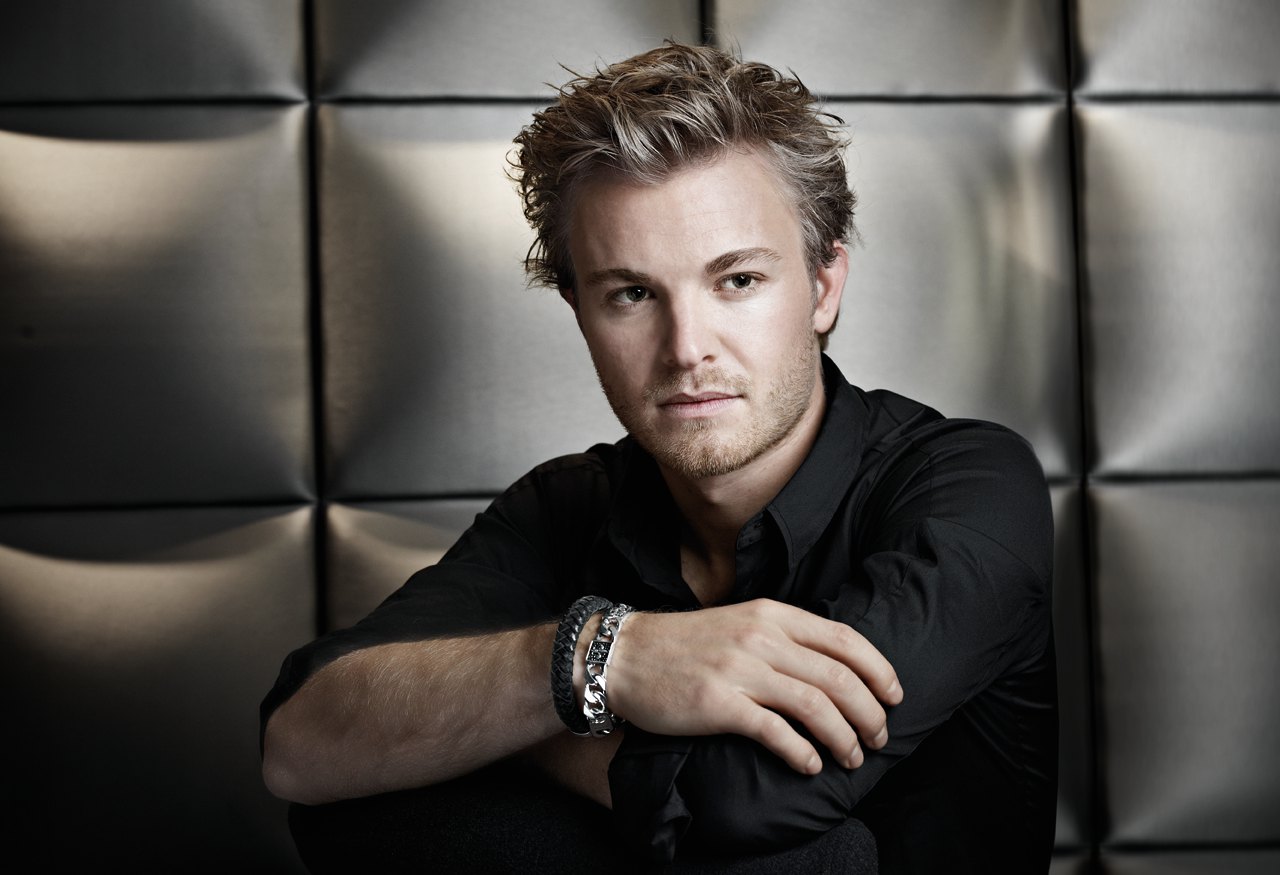
Left: Nico Rosberg.
Photograph courtesy of Nico Rosberg
“I always enjoy coming to the Canadian Grand Prix. It’s one of the highlights of the year for me. The track itself is fantastic, the fans are super enthusiastic. I just really like the city. My father used to race against Gilles Villeneuve in the ’70s, so I hear all the stories from my dad, how he was coming here and the amazing times he had.”
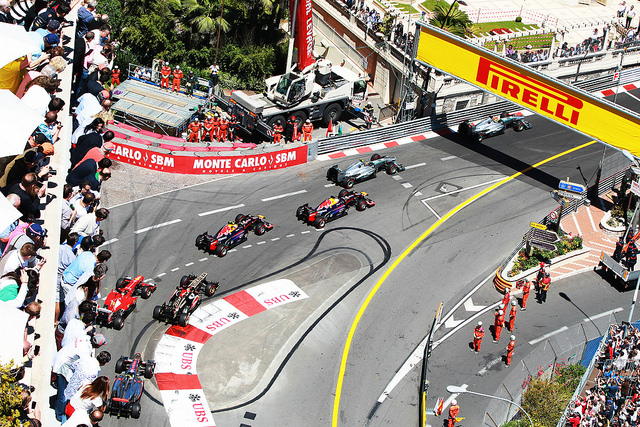
Left: the 2013 Monte Carlo Grand Prix in Monaco on May 26, 2013. Nico Rosberg finished first.
Photo by Flickr user United Autosports (CC BY-SA 2.0)
Evelyn Reid: All of this, the tyres, the overtaking, it makes me wonder about pole position, which is generally considered critical to winning a race. Is it accurate to say that achieving pole position is less critical now with these tyres since overtaking opportunities are so abundant now?
Nico Rosberg: A little bit. But it’s still very important.
Evelyn Reid: I wanted to get back to DRS and last year’s race in Montreal. There’s talk that your colleague, Michael Schumacher, would have won the race if it weren’t for Jenson Button’s use of DRS. I’ve read that it’s of some opinions that DRS is penalizing the sport’s best natural overtakers. Does that make sense to you?
Nico Rosberg: [Pauses for a moment]. No. If anything it helps the best overtakers in the sport.
Evelyn Reid: …which brings me to my next question. All this overtaking—DRS, KERS, the tyres—makes the sport more exciting, it’s almost like a video game…
Nico Rosberg: …yes! Of course sometimes it seems a bit artificial but in general it becomes much more exciting because if someone is behind you, it’s more possible to pass whereas before, it might have been a miss.
Evelyn Reid: Yes, and the new overtaking rule this year, once you pass a driver you can only block him for one second only?
Nico Rosberg: You’re not allowed to move two times once you pass.
Evelyn Reid: Okay, so we agree all these new pass possibilities make it more exciting for fans but what about the drivers? Is this making Formula 1 a more dangerous sport?
Nico Rosberg: DRS? No.
Evelyn Reid: But there’s been all this controversy over Mercedes’ drag reduction system, specifically the rear wing design. All this buzz about DRS and in the end, it’s not much a game changer?
Nico Rosberg: No, it’s not. But it’s good for qualifying.
Evelyn Reid: And what about the Pirelli tyres and the fact that you’re overtaking more than before?
Nico Rosberg: It’s not that much more dangerous. Of course, it’s a little more risky, yes, but we’re used to that.
Evelyn Reid: I’d like to talk about the Circuit Gilles-Villeneuve a little more. How is the Montreal track different from other tracks?
Nico Rosberg: It’s very different because you have long straights, which means you go faster, so you have to take the downforce, the pressure, off the car, so you put the wings flat. Putting the wings flat means that in corners you have a lot more sliding, because you have less grip in the corners. And then you have many chicanes with tight curves.
Evelyn Reid: Like the Wall of Champions. While we’re on about tracks, what is your favorite of the Grand Prix circuit?
Nico Rosberg: Malaysia. But Montreal is up there too. I really like Montreal.
Evelyn Reid: Why Malaysia?
Nico Rosberg: No reason. Just the flow there is on that track. No reason really.
Evelyn Reid: So moving back to Montreal, I’ve heard on many occasions that drivers love to come to Montreal, that it’s one of the ultimate pit stops on the circuit, if only for the fan enthusiasm, which for some reason, is huge in this city. What places do you like most in Montreal?
Nico Rosberg: the atmosphere in the Vieux Port, running on Mont Royal…
Evelyn Reid: and what about party-wise? Where can we find Nico Rosberg partying this weekend?
Nico Rosberg: On Sunday night! But I’m not telling where!
Evelyn Reid: Ah! But I think I know where you might be! I saw you there last year (my lips are sealed). Right, so just to wrap things up, from what I’m gathering from you is the sport is evolving, but it’s not a full-blown revolution. The skills you needed to have before KERS, before DRS, before Pirelli and the overtaking rules, they’re more or less the same.
Nico Rosberg: Yes, the skills are the same but what you have to do, the strategy, is quite different now. For example, you have to nurse the tyres a lot. Before [Pirelli], you could just go full speed, now you have to be very very careful, slow down, and pace yourself. If you overdrive them, you destroy them.
Evelyn Reid: Finally, to settle the age-old debate, what’s more important in F1? The car? Or the driver?
Nico Rosberg: The big differences in F1 is the racing car. From the best car to the worst car, it’s four seconds per lap. Between the drivers, there’s maybe four tenths of a second per lap. Of course if you’re a good driver compared to an amazing driver, you can make quite an important difference, but in the end, the car is the main factor.
Interview with Nico Rosberg:
Has F1 Become a Video Game?
by Evelyn Reid
Originally published on About.com June 6, 2012
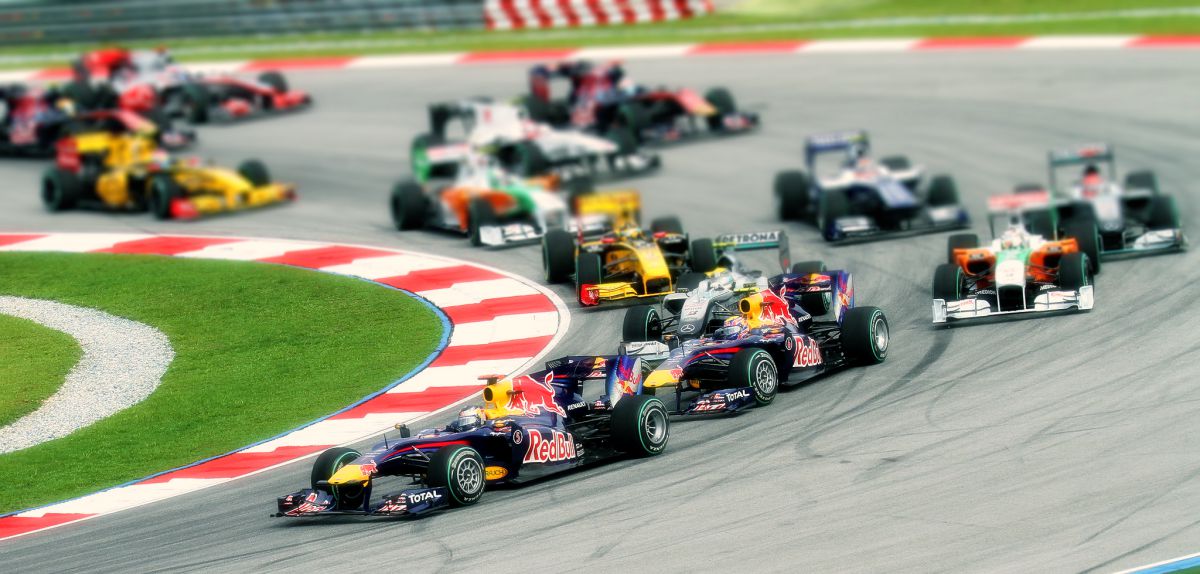
Above: Formula One 2010 Malaysian Grand Prix opening lap (photo by Flickr user Morio (CC BY-SA 3.0).
The Canadian Grand Prix has always been an exciting race. The Gilles Villeneuve circuit allows for frequent overtaking, the track is slippery, Montreal weather has a mind of its own, and you never know when a groundhog might strike.
But in 2012, it seems as though every other track of the season, at least insofar, has joined Montreal’s ranks as an unpredictable, nail-biting circuit. For the first time in Formula 1 history, six different drivers won the first six races of the 2012 season, a far cry from Sebastien Vettel’s 2011 monopoly. And Mercedes’ Nico Rosberg is one of them, earning pole position as well as winning the Chinese Grand Prix.
The German/Finnish dual citizen and son of 1982 F1 world champ Keke Rosberg has been on a roll this year, placing fifth in the standings and showing the most consistent performance over the last four races, in realistic contention for the championship with but 17 points behind the current leader, Ferrari’s Fernando Alonso.
Coincidentally, the last time Formula 1 has seen almost as many different drivers win the opening races was in 1983 when Rosberg’s father won the Monaco Grand Prix, the fifth different race car driver to win five races into the season.
So I sat down with Rosberg the eve of the Canadian Grand Prix to get his take on what could be behind history repeating itself.

Above: Nico Rosberg (photo courtesy of Nico Rosberg).
Interview conducted on June 6, 2012 in Montreal.
Evelyn Reid: For the first time in Formula 1 history, six different drivers won the first six races of the 2012 season and you made history too, nabbing the Chinese Grand Prix, your first win since joining F1 in 2006. Why is F1 so unpredictable this year? Is it the new Pirelli tyres? I’ve read that as little as half a pound of added pressure can dramatically affect a driver’s performance.
Nico Rosberg: I think a lot of it has to do with the tyres this year, yes. They’re very sensitive to temperature, surface, track conditions and things like that. And each car works the tyres in a different way from one situation to another. Again, they’re so sensitive, that they have such a small window in which they work best. As soon as you go above or below, you start to have problems.
Evelyn Reid: How do you think the tyres will respond to the Montreal track, considering these Pirelli tyres degrade even more quickly than previous Bridgestone tyres and this track is already notorious for wearing down tyres in the first place?
Nico Rosberg: Again, it might be quite different. We’re starting to get more experience [with the tyres] and starting to understand, starting to know what to expect. So that really helps. The Montreal track is very high on tyre wear, also there’s long straights, and on long straights you really heat up the tyres a lot. On the straights, the car is going fastest and that is where the most pressure is pushing down on the car, from the aerodynamics, and so when you’re going down the straight, you’re creating massive stress on the tyres, and since here the straights are so long, it’s going to be quite a stress.
Evelyn Reid: I also wanted to ask you about overtaking as well as DRS (drag reduction system) and KERS (kinetic energy recovery systems). It’s my understanding that this year, the Montreal track will only have one DRS zone instead of two? Just after the tenth turn at the hairpin?
Nico Rosberg: Yeah. But it won’t make much of a difference here since that’s the best place to overtake anyways.
Evelyn Reid: On topic, in 2012 so far, we’ve seen more overtaking than in 2011. Does the DRS have anything to do with it? The new overtaking rules?
Nico Rosberg: It’s really because of the tyres dropping off so much in the races, depending on if the car or driver is not handling it well, which is good. It makes for exciting races.

Above: the 2013 Monte Carlo Grand Prix in Monaco on May 26, 2013. Nico Rosberg finished first (photo by Flickr user United Autosports (CC BY-SA 2.0)).
“I always enjoy coming to the Canadian Grand Prix. It’s one of the highlights of the year for me. The track itself is fantastic, the fans are super enthusiastic. I just really like the city. My father used to race against Gilles Villeneuve in the ’70s, so I hear all the stories from my dad, how he was coming here and the amazing times he had.”

Above: the 2013 Monte Carlo Grand Prix in Monaco on May 26, 2013. Nico Rosberg finished first (photo by Flickr user United Autosports (CC BY-SA 2.0)).
Evelyn Reid: All of this, the tyres, the overtaking, it makes me wonder about pole position, which is generally considered critical to winning a race. Is it accurate to say that achieving pole position is less critical now with these tyres since overtaking opportunities are so abundant now?
Nico Rosberg: A little bit. But it’s still very important.
Evelyn Reid: I wanted to get back to DRS and last year’s race in Montreal. There’s talk that your colleague, Michael Schumacher, would have won the race if it weren’t for Jenson Button’s use of DRS. I’ve read that it’s of some opinions that DRS is penalizing the sport’s best natural overtakers. Does that make sense to you?
Nico Rosberg: [Pauses for a moment]. No. If anything it helps the best overtakers in the sport.
Evelyn Reid: …which brings me to my next question. All this overtaking—DRS, KERS, the tyres—makes the sport more exciting, it’s almost like a video game…
Nico Rosberg: …yes! Of course sometimes it seems a bit artificial but in general it becomes much more exciting because if someone is behind you, it’s more possible to pass whereas before, it might have been a miss.
Evelyn Reid: Yes, and the new overtaking rule this year, once you pass a driver you can only block him for one second only?
Nico Rosberg: You’re not allowed to move two times once you pass.
Evelyn Reid: Okay, so we agree all these new pass possibilities make it more exciting for fans but what about the drivers? Is this making Formula 1 a more dangerous sport?
Nico Rosberg: DRS? No.
Evelyn Reid: But there’s been all this controversy over Mercedes’ drag reduction system, specifically the rear wing design. All this buzz about DRS and in the end, it’s not much a game changer?
Nico Rosberg: No, it’s not. But it’s good for qualifying.
Evelyn Reid: And what about the Pirelli tyres and the fact that you’re overtaking more than before?
Nico Rosberg: It’s not that much more dangerous. Of course, it’s a little more risky, yes, but we’re used to that.
Evelyn Reid: I’d like to talk about the Circuit Gilles-Villeneuve a little more. How is the Montreal track different from other tracks?
Nico Rosberg: It’s very different because you have long straights, which means you go faster, so you have to take the downforce, the pressure, off the car, so you put the wings flat. Putting the wings flat means that in corners you have a lot more sliding, because you have less grip in the corners. And then you have many chicanes with tight curves.
Evelyn Reid: Like the Wall of Champions. While we’re on about tracks, what is your favorite of the Grand Prix circuit?
Nico Rosberg: Malaysia. But Montreal is up there too. I really like Montreal.
Evelyn Reid: Why Malaysia?
Nico Rosberg: No reason. Just the flow there is on that track. No reason really.
Evelyn Reid: So moving back to Montreal, I’ve heard on many occasions that drivers love to come to Montreal, that it’s one of the ultimate pit stops on the circuit, if only for the fan enthusiasm, which for some reason, is huge in this city. What places do you like most in Montreal?
Nico Rosberg: the atmosphere in the Vieux Port, running on Mont Royal…
Evelyn Reid: and what about party-wise? Where can we find Nico Rosberg partying this weekend?
Nico Rosberg: On Sunday night! But I’m not telling where!
Evelyn Reid: Ah! But I think I know where you might be! I saw you there last year (my lips are sealed). Right, so just to wrap things up, from what I’m gathering from you is the sport is evolving, but it’s not a full-blown revolution. The skills you needed to have before KERS, before DRS, before Pirelli and the overtaking rules, they’re more or less the same.
Nico Rosberg: Yes, the skills are the same but what you have to do, the strategy, is quite different now. For example, you have to nurse the tyres a lot. Before [Pirelli], you could just go full speed, now you have to be very very careful, slow down, and pace yourself. If you overdrive them, you destroy them.
Evelyn Reid: Finally, to settle the age-old debate, what’s more important in F1? The car? Or the driver?
Nico Rosberg: The big differences in F1 is the racing car. From the best car to the worst car, it’s four seconds per lap. Between the drivers, there’s maybe four tenths of a second per lap. Of course if you’re a good driver compared to an amazing driver, you can make quite an important difference, but in the end, the car is the main factor.
